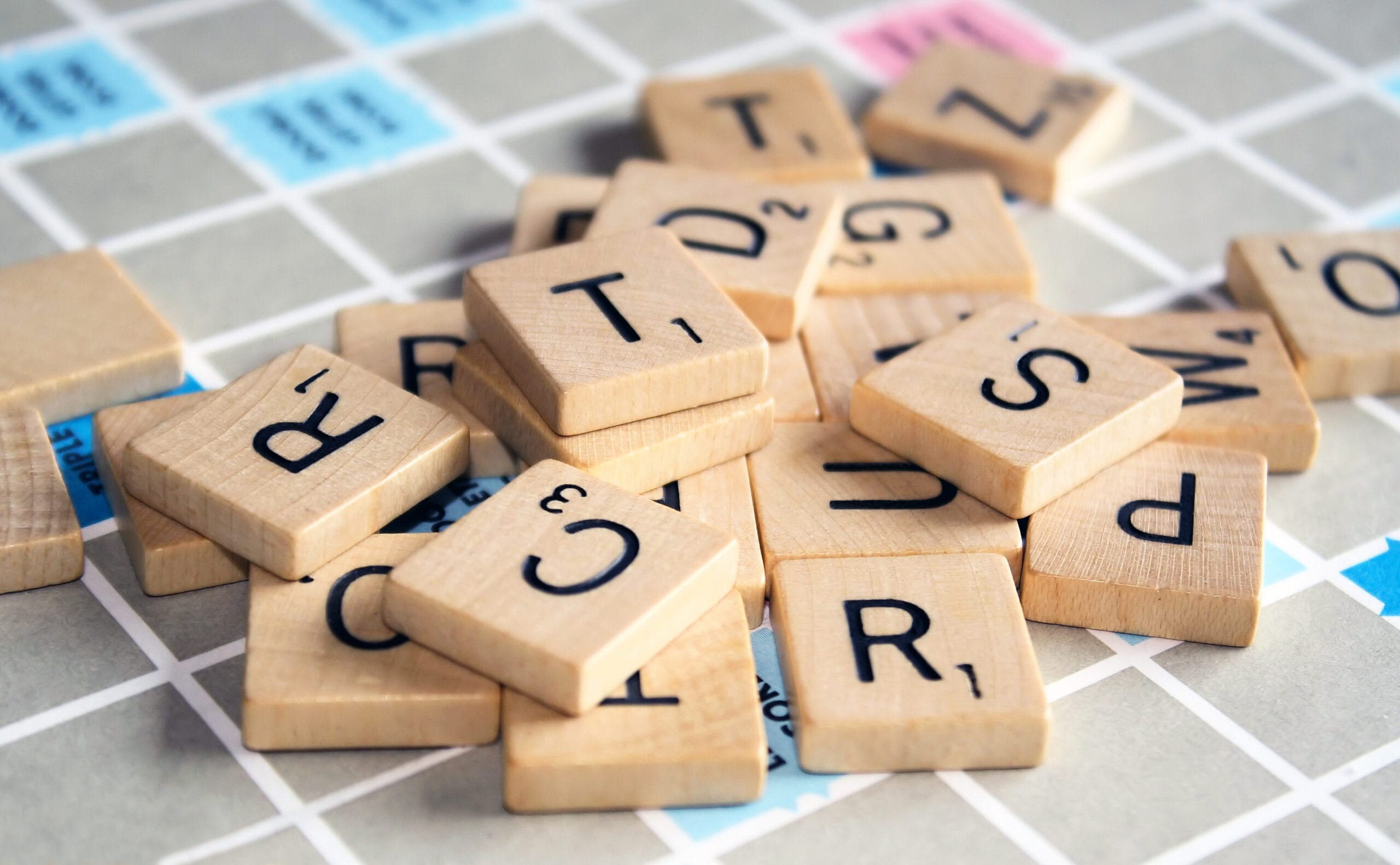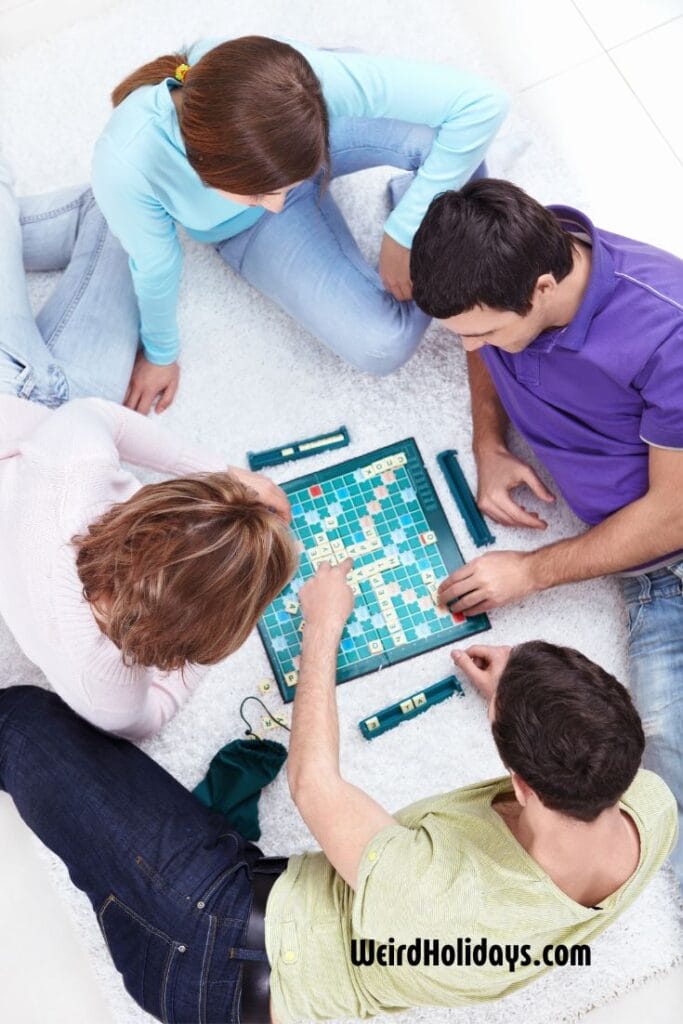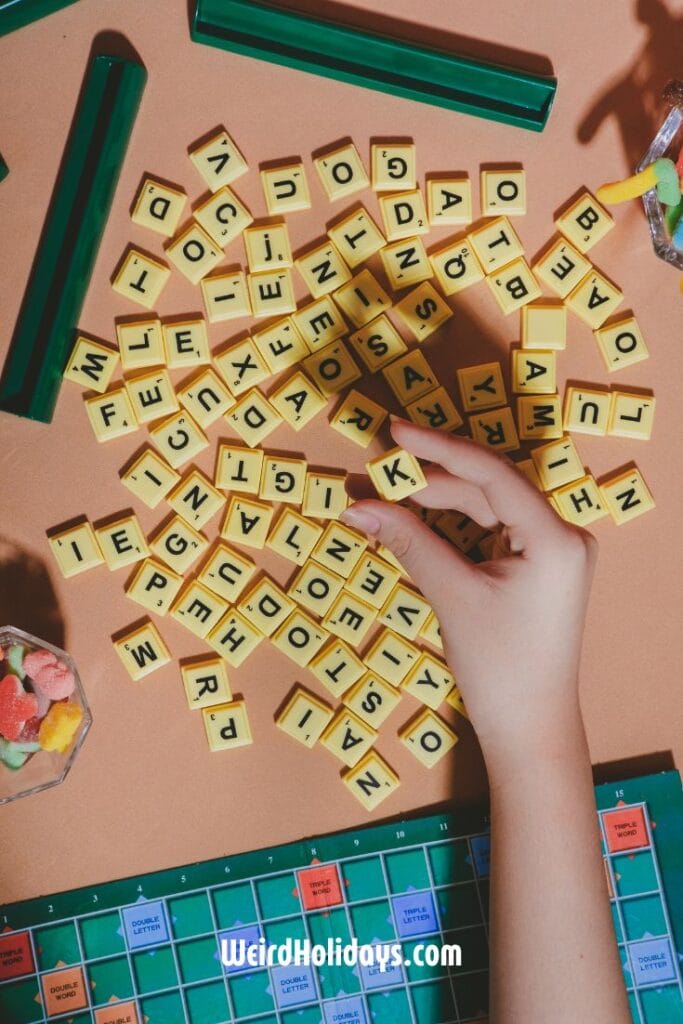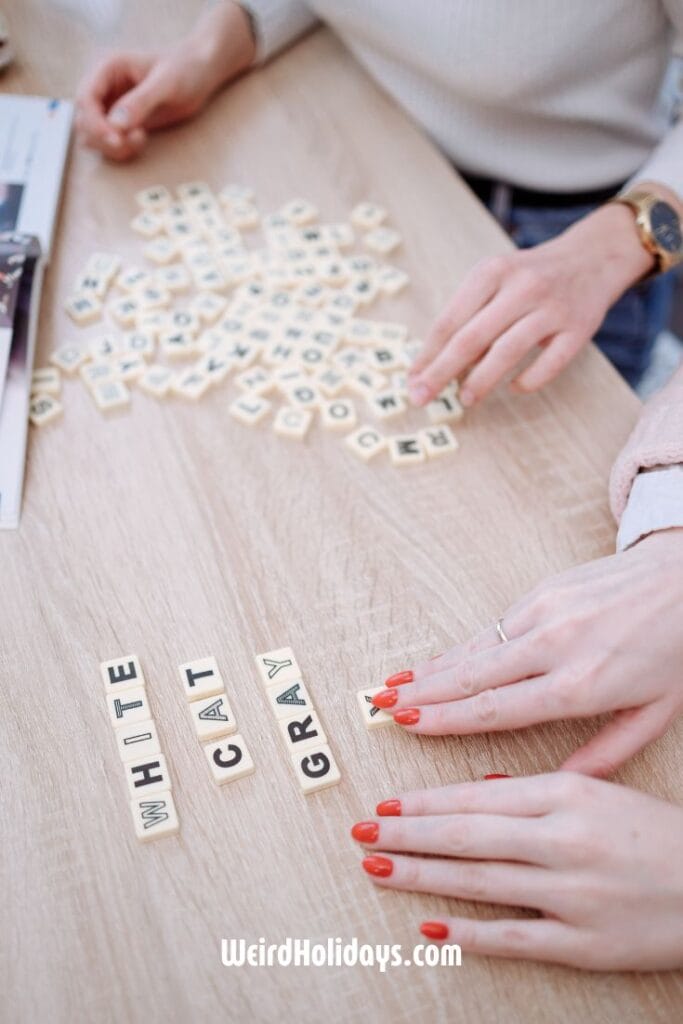National Scrabble Day (April 13)

Scrabble, the iconic word game, has challenged and delighted players for generations.
It’s more than just a board game—it’s a celebration of language, strategy, and friendly competition.
National Scrabble Day, observed every April 13th, honors this beloved game and its lasting impact on language and education.
From casual family game nights to intense tournaments, Scrabble remains a favorite for word lovers of all ages. We’ll dive into its history, fun facts, and the best ways to celebrate this quirky holiday in April.
When Is National Scrabble Day?
National Scrabble Day is celebrated annually on April 13th. This date was chosen to honor the birthday of the game’s inventor, Alfred Butts.

Who Invented Scrabble?
It was created by Alfred Butts, an architect from Poughkeepsie, New York, in the early 1930s.
Inspired by crossword puzzles and board games, he devised a word game that assigned point values to letters based on their frequency in the English language.
Originally named “LEXIKO” and later “Criss-Cross Words,” the game struggled to find a publisher.
It wasn’t until the 1950s, when James Brunot took an interest, that it was renamed “Scrabble” and became the classic game we know today.

The History of the Holiday
This holiday emerged from the enthusiasm of Scrabble lovers worldwide. Over time, dedicated players and clubs began celebrating Alfred Butts’ birthday as a way to honor the game’s legacy.
Today, April 13th serves as a day for word enthusiasts to gather, compete, and appreciate the game that has stood the test of time.

Top 5 Facts About Scrabble
- It was once rejected by major game companies. Alfred Butts pitched Scrabble to multiple publishers but found little interest. It took years before the game gained traction.
- Scrabble was trademarked in 1948. James Brunot helped refine and market the game, officially launching it under the name “Scrabble.”
- Tournaments are serious business. Competitive Scrabble players memorize word lists and practice strategy to maximize points.
- The highest-scoring word in Scrabble is ‘OXYPHENBUTAZONE.’ This rare word, a medical term, can score over 1,700 points under optimal conditions.
- The word game is available in over 30 languages. It has been adapted worldwide, ensuring its status as a globally loved game.

Activities to Celebrate
- Host a Tournament – Gather friends and family for a friendly competition. Make it more fun by setting up a prize for the highest-scoring word or the most creative word placement.
- Try a Digital Game – Play online against friends or computer opponents using platforms like Words with Friends or the official Scrabble app.
- Create Art – Use old Scrabble tiles to craft custom decorations like framed word art, coasters, or personalized nameplates.
- Test Your Word Knowledge – Challenge yourself with a Scrabble-themed quiz, crossword puzzle, or anagram-solving challenge.
- Teach Kids with Scrabble – Use the game to enhance spelling and vocabulary lessons, incorporating letter recognition activities for younger children.

**This post may contain affiliate links. As an Amazon Associate and a participant in other affiliate programs, I earn a commission on qualifying purchases.**
Links to Resources
- Printable Scrabble Math Worksheets – Great for reinforcing spelling, arithmetic, and word formation skills in a fun way.
- DIY Scrabble Crafts – Creative projects using the letter tiles, including jewelry, keychains, and wall art.
- Buy Scrabble on Amazon – Get your own board to celebrate the holiday with friends and family.
- Scrabble Word Finder Tools – Online resources to help find valid words and improve gameplay strategy.
Related Holidays
This holiday shares the spotlight with other word-lover celebrations, such as National Puzzle Day on January 29th, a day dedicated to the fun of solving word puzzles.
If you love word games, you might also enjoy National Thesaurus Day on January 18th.
Another quirky holiday to mark on your calendar is National Word Nerd Day, a fun occasion dedicated to language enthusiasts and lovers of all things linguistic!
Pin it!
Share this post about National Scrabble Day on Pinterest!

